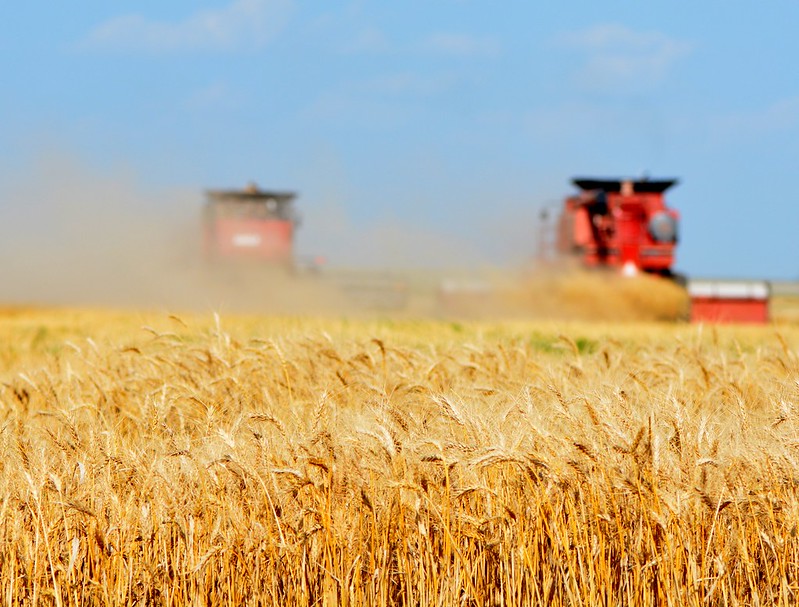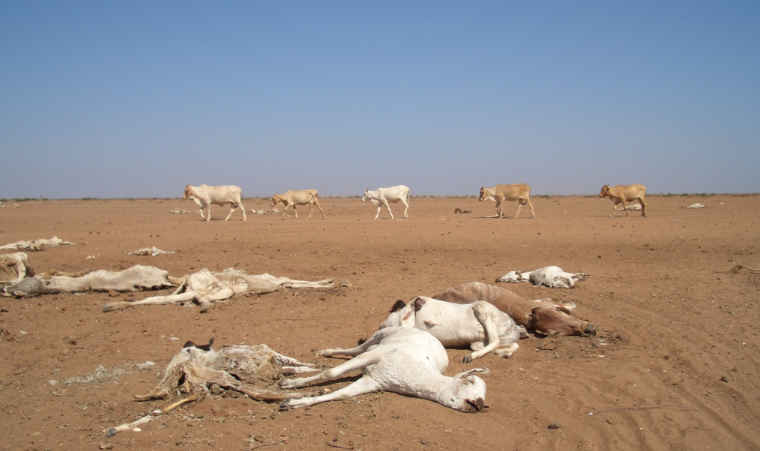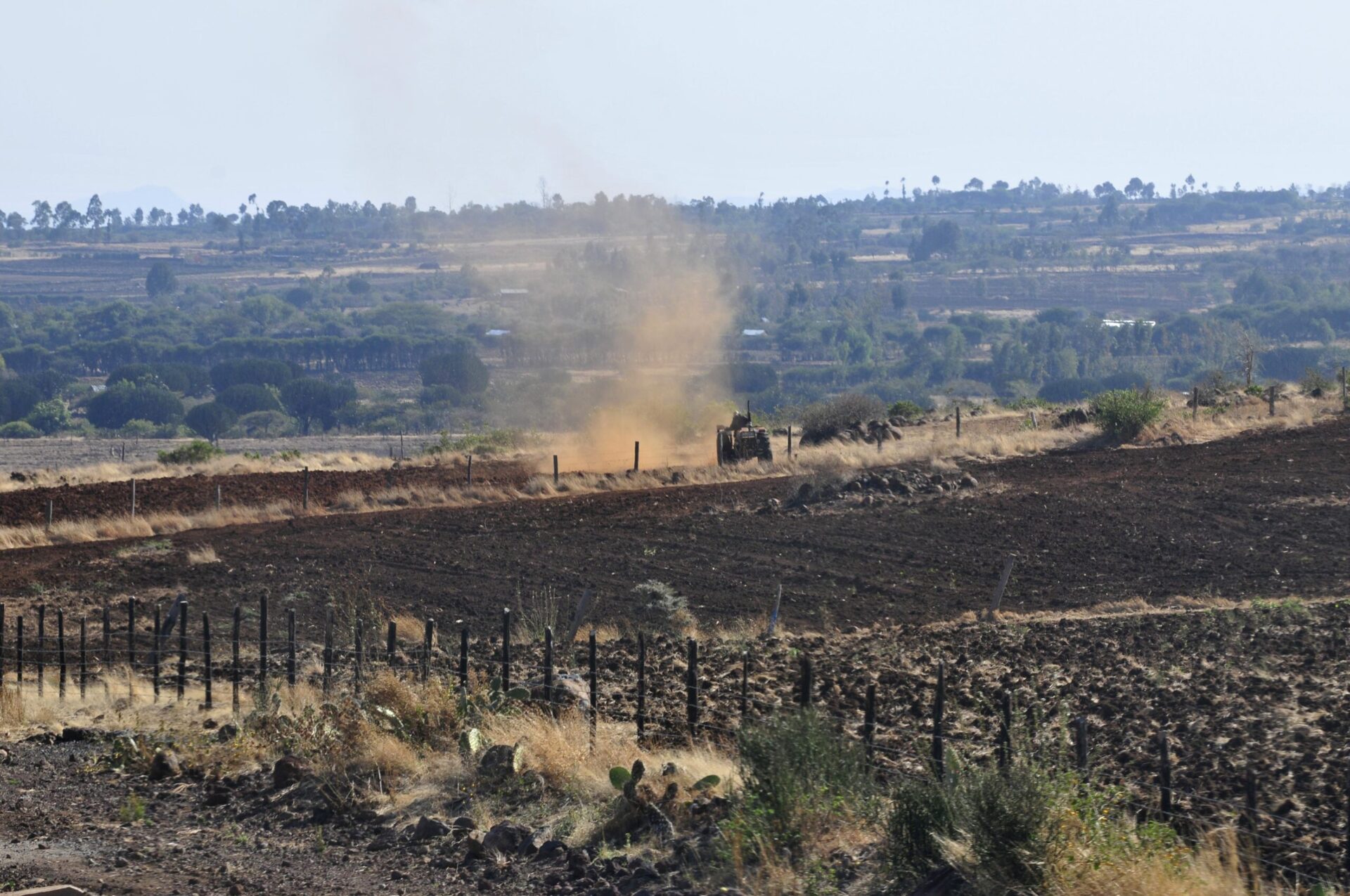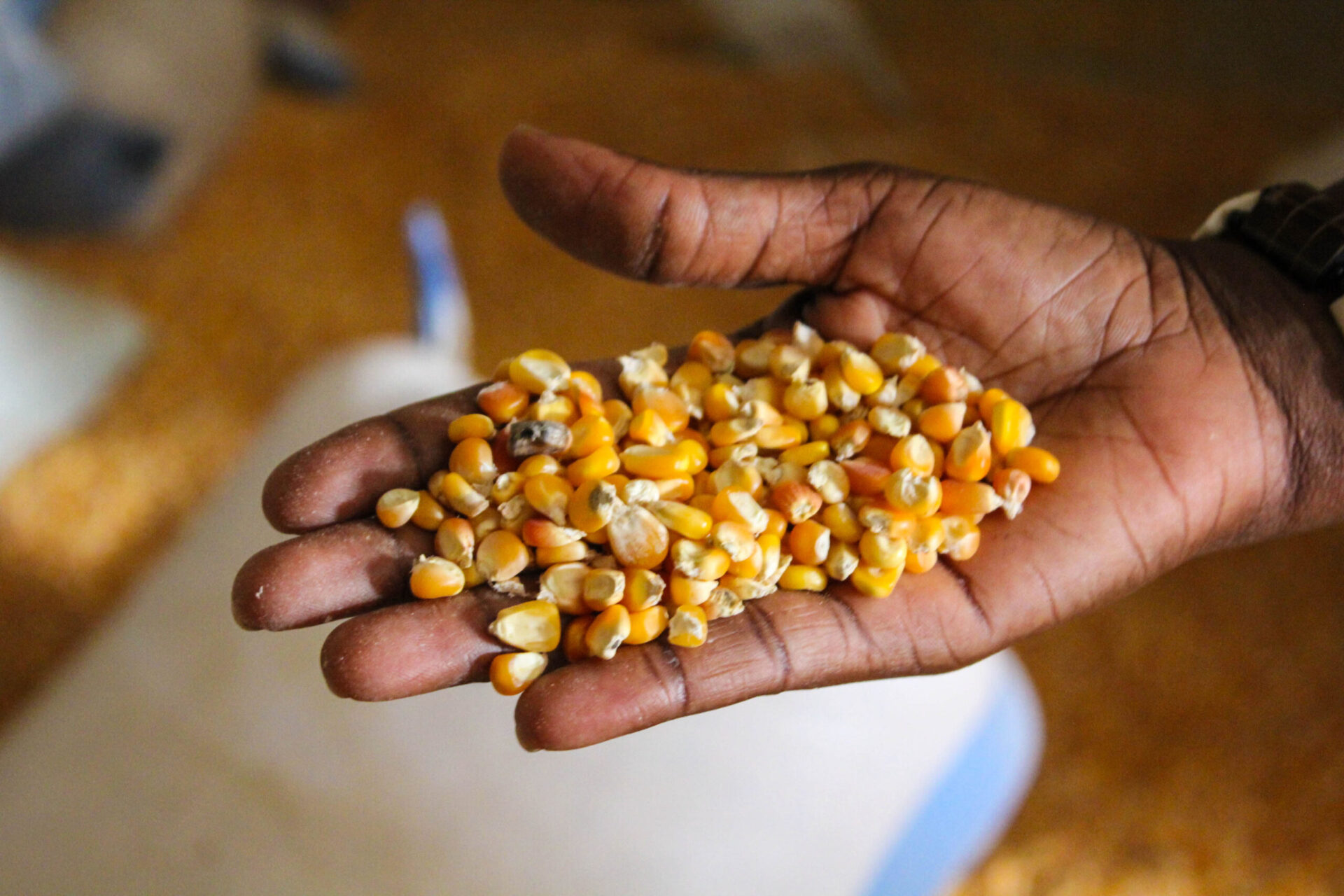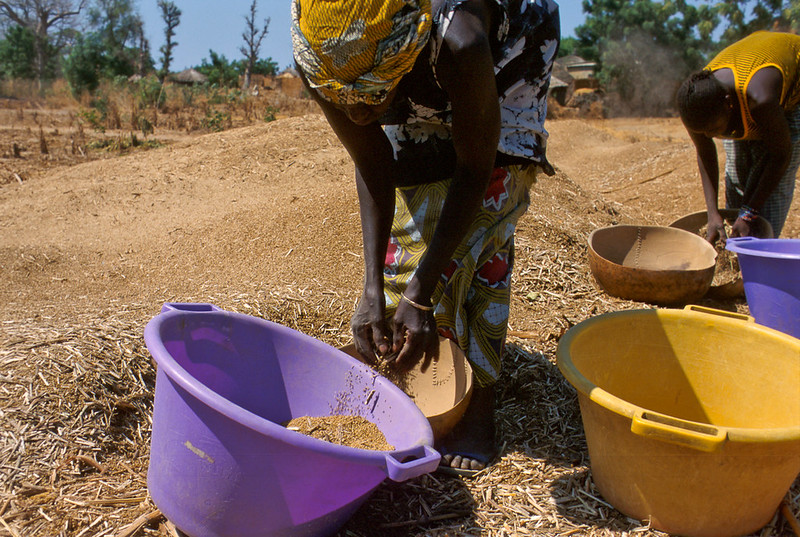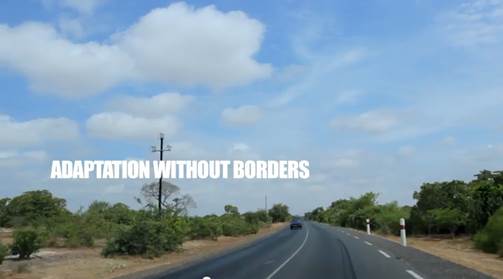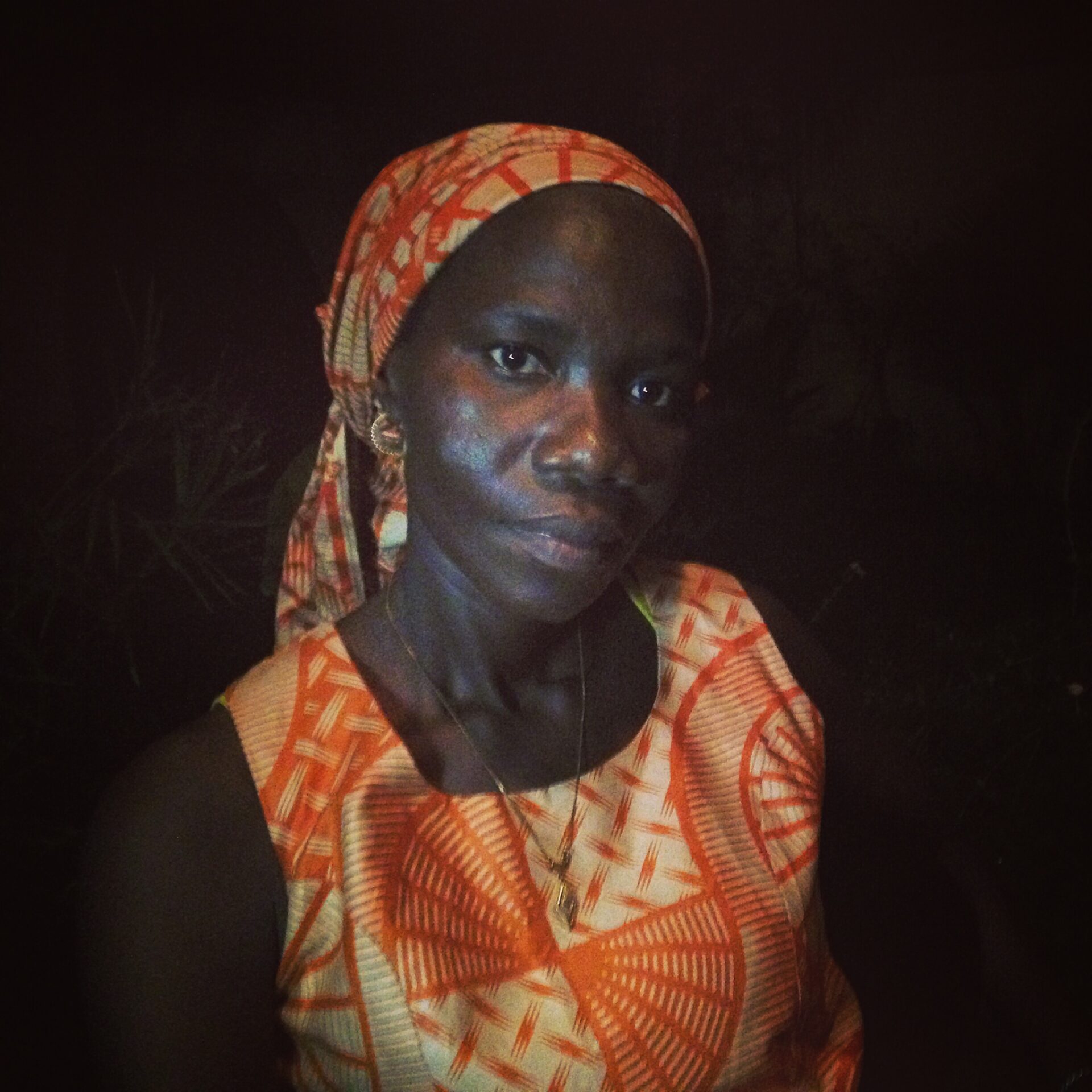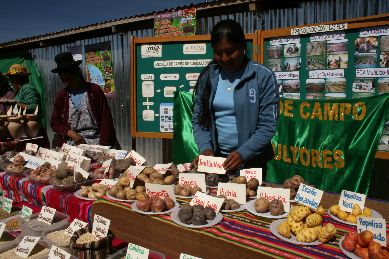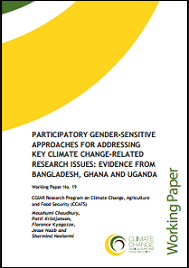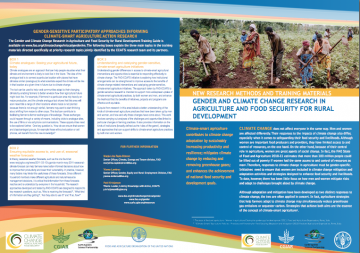Food policies
The Geopolitics of Food Security: Barriers to the Sustainable Development Goal of Zero Hunger
This paper seeks to give geopolitics a more prominent place in the food security debate, outlining its impact across a range of areas that directly affect food security.
Climate change adaptation and mitigation initiatives for agriculture in East Africa
Climate change adaptation and mitigation initiatives for agriculture in East Africa, CCAFS working paper N. 60, CGIAR research program on climate change, agriculture and food security (CCAFS)
Key barriers to using longer term climate information in decision-making
Recent paper by the CGIAR Research Program on Climate Change, Agriculture and Food Security (CCAFS) identifies barriers and enablers to use longer term climate information in development plans.
Climate change impacts on African crops: how will they fare?
A new Working Paper by the CGIAR Research Program on Climate Change, Agriculture and Food Security (CCAFS) provides climate projections for crops in Africa.
Reducing vulnerability to food price shocks in a changing climate
This brief explores the impacts of food price shocks in a changing climate.
Senegal Films – Adaptation without Borders
On this page four short films explore these issues in relation to rice production, consumption and global trade.
Djeneba’s story
Families in Senegal typically spend around 30% oftheir monthly income on food, so even small changes in the price of rice impact the monthly food intake of families in Senegal.
Participatory gender-sensitive approaches for addressing key climate change-related research issues.
The researchers investigated if and how farming practices are being modified to deal with a changing environment, and the constraints and opportunities these changes pose for both men and women.
